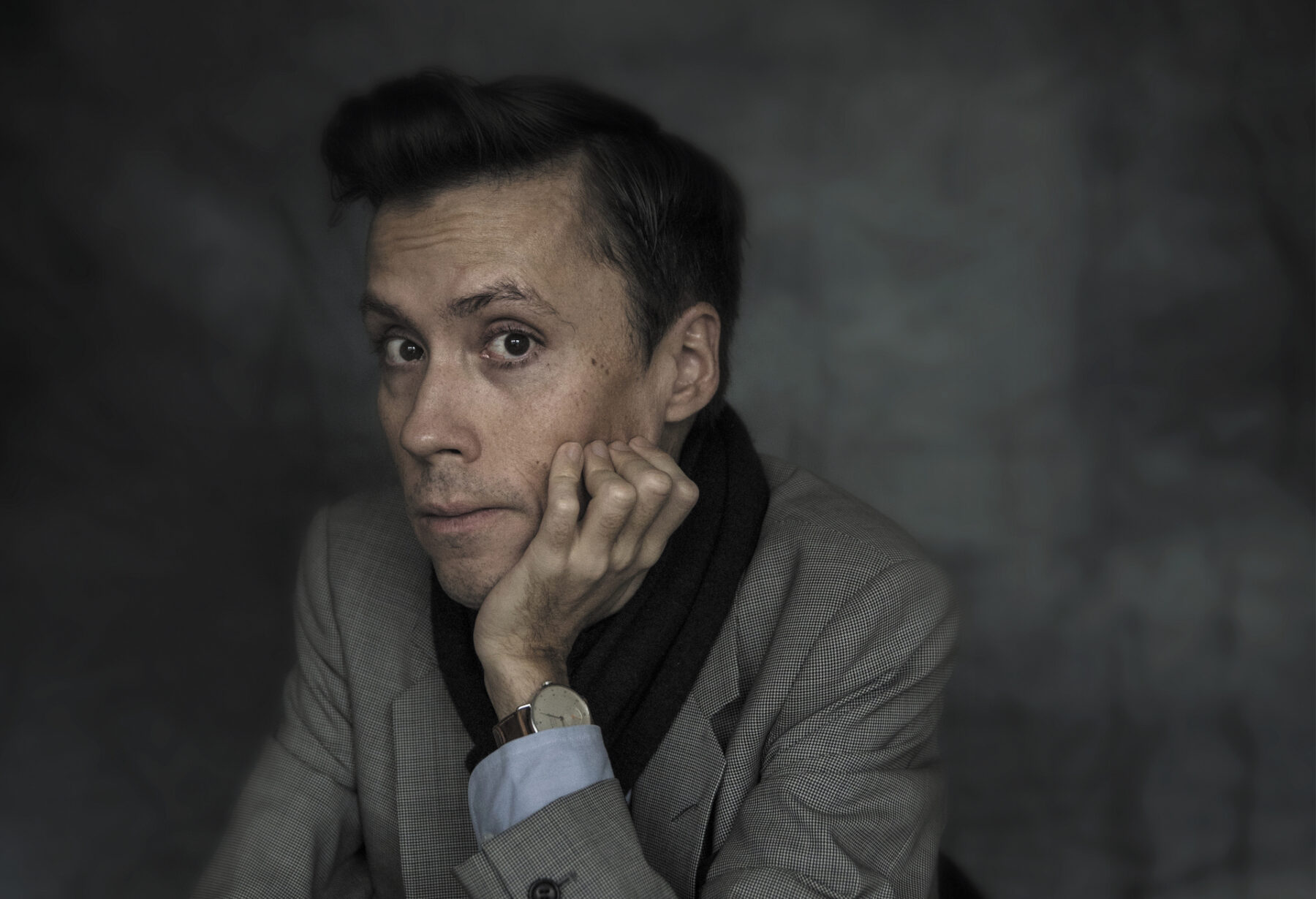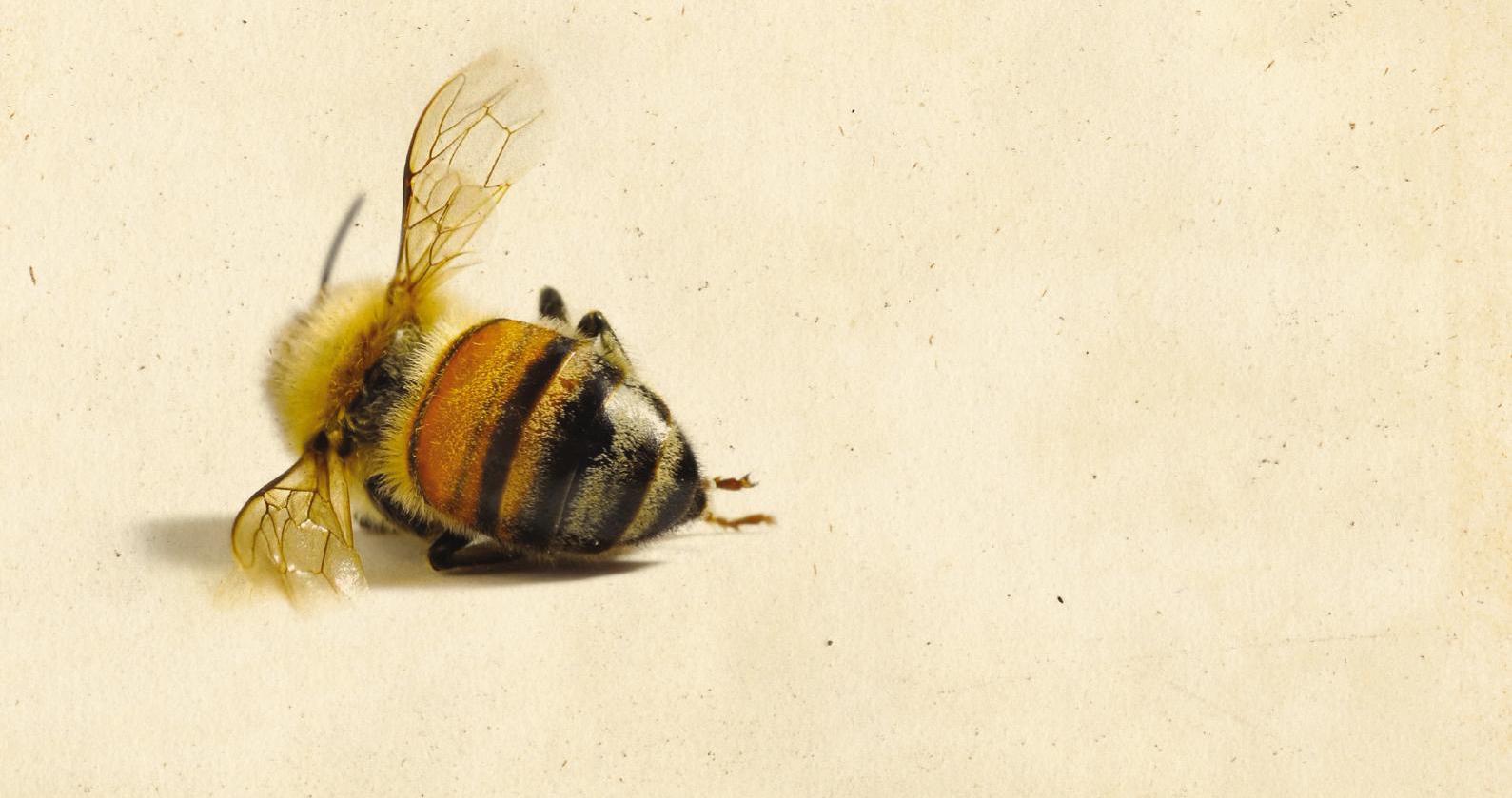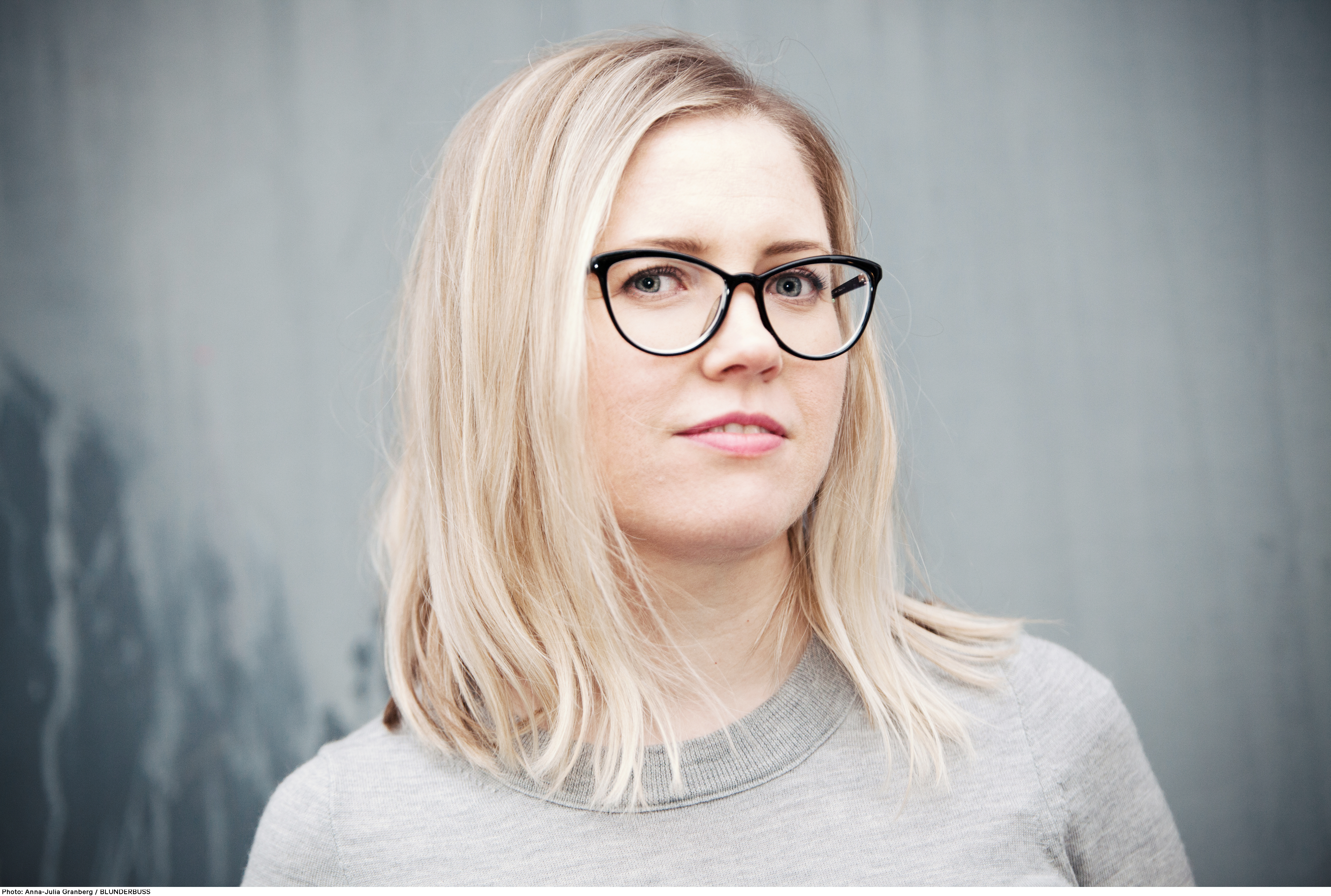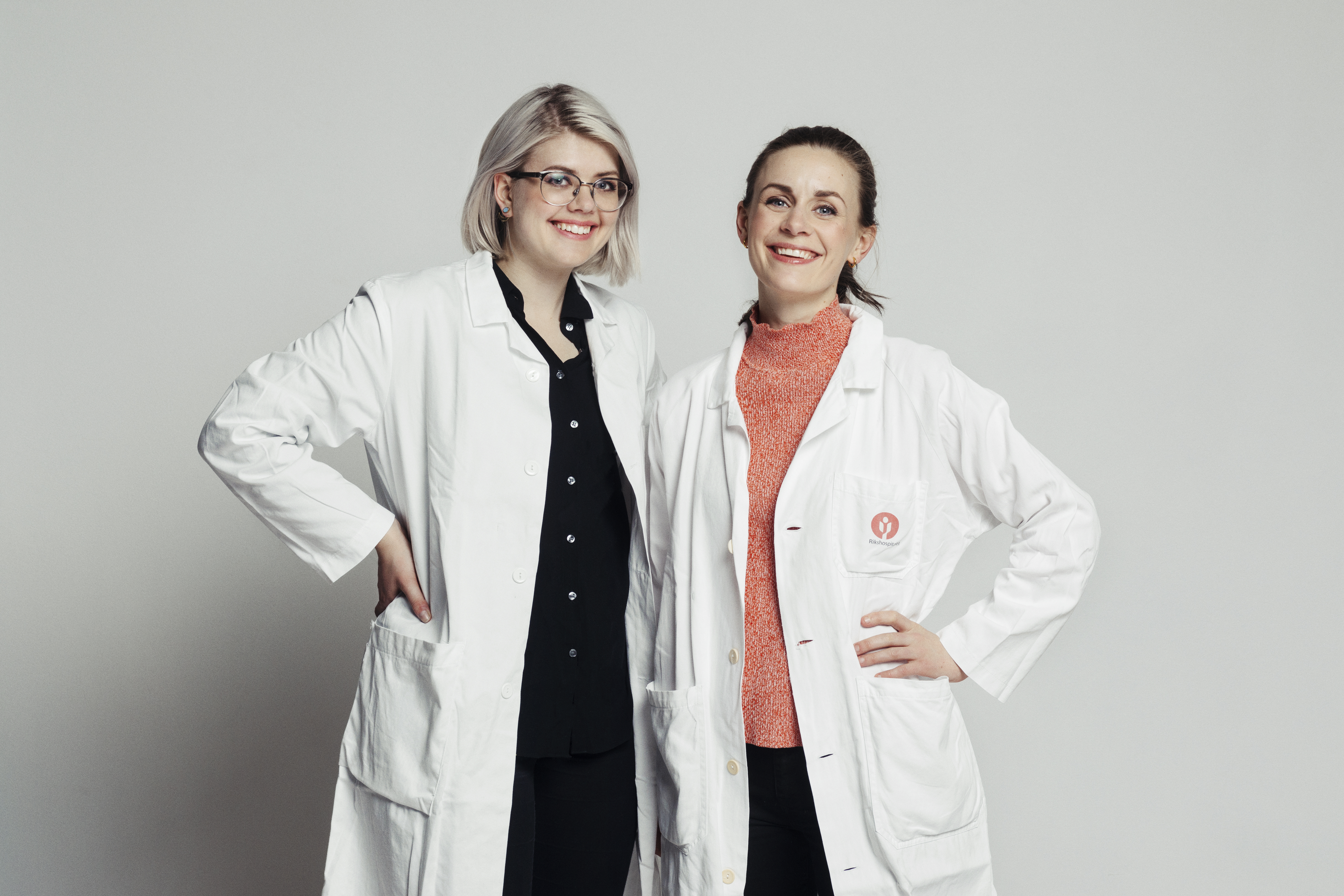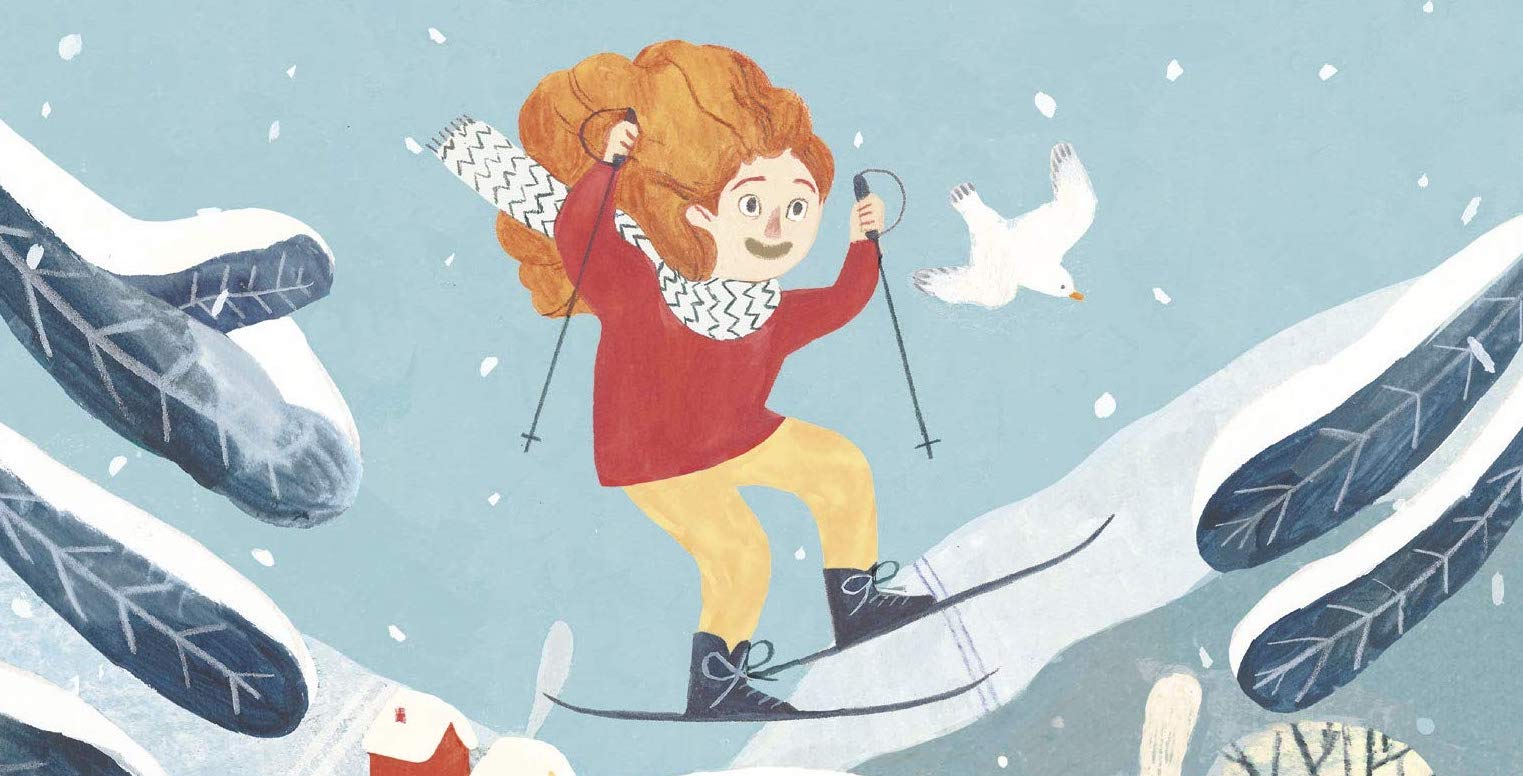What do you do when the world conspires to make you feel less than human because of the body you live in? For the academic and author Jan Grue, the answer was to rewrite his own history. Norwegian Arts discovers how he used his latest book to understand, as he notes, “how I already was human”.
I Live a Life Like Yours is a lyrical memoir that examines a life spent living with spinal muscular atrophy, outperforming bleak prognoses from doctors and navigating a world that makes even the most mundane experiences, like crossing a living room floor strewn with children’s toys, a perilous endeavour. First published in Norwegian in 2018, but now released in English translation by Becky L. Crook, his work seeks to find a new, literary language – away from clinical medical language or lazy stereotypes – to describe life in a vulnerable body.

I Live a Life Like Yours by Jan Grue (Photo: Pushkin Press)
A writer of fiction, non-fiction and children’s books, Grue is a former Fulbright scholar and a professor of Qualitive Research at the University of Oslo. I Live a Life Like Yours was the first Norwegian non-fiction book to be nominated to the Nordic Council’s Literature Prize in 50 years, as well as becoming a New York Times Editors’ Choice and one of Publishers Weekly Best Non-Fiction Books of 2021.
Grue, who has a wife and son, has a new book, Hvis jeg faller (If I fall) which continues his examination of how society fails to accommodate those with physical disabilities, out now in Norway.
Your book is in part a quest to find a new language. Why was that so important to you?
There’s a lot of medical language in the book, which I try to encapsulate by quoting verbatim from my medical journals and records. An experience of a lot of people with disabilities or chronic illnesses know quite intimately is that there’s this incredible imbalance of power when encountering medical language, because it’s almost always being deployed by someone who can deploy that language in their professional capacity.
It’s a language that’s been developed over centuries as an instrument for describing bodies as objectively as neutrally and precisely as possible. And it works wonderfully in a lot of ways for that, but there’s a coldness to it. It cannot capture subjective experience and it almost inevitably involves some degree of alienation. It was important to me to try to turn that relationship on its head.
You also want to challenge lazy stereotypes that exist in our everyday language, such as being “confined” a wheelchair. You have a beautiful description of sailing through the night on your electric wheelchair after Ida in a taxi on the way to hospital to give birth. What were you hoping to achieve there?
I’m glad you appreciate that story. I wanted to show that there are so many different types of wheelchair, and so many different experiences of using one. I have my everyday wheelchair – the one from that story – which is quite large and powerful and more similar to a small all-terrain vehicle. There’s a manual one with tiny motors embedded in the wheels to give a slight assist and my latest acquisition is an electric one that weighs about 30kg but folds up in the back of a car. Wheelchair users often get categorised as one group, but you can’t really talk about sort of one single way of using a wheelchair. There are a wide range of experiences.
Speaking of a new language – what is it like reading your work in translation?
It is really interesting to me that that there are new layers of meaning being added simply by the act of translating this book into English, but it was a lot of work over the course of a few months and very collaborative. While I’m not a native English speaker, English is the language I work in as an academic, so I am able to follow the process and have opinions. Becky [Crook], of course, did the vast majority of the work, but my editor Julia [Ringo] was able to judge how things might be received specifically in American contexts and I was there to try to catch various potential mistranslations or impositions.

Jan Grue (Photo: Pushkin Press)
What did you mean by the title, I Live a Life Like Yours?
It’s lifted from a paragraph which refers to my parents and the social milieu in which I grew up. So I’m talking about living a life like theirs in many ways, being an academic and living in the in the same socio-economic experience, being a parent, while at the same time having an entirely different life in many ways.
There are moments that read like a thriller, such as the act of getting up to get a glass of water and the number of hurdles you have to overcome. What were you hoping to show here?
It was important for me to show the amount of embodied work that disability entails. There’s an astonishing degree of willed ignorance regarding the lives of others. For example, Ida and I have a son and Ida often gets statements, such as, “That must be very hard on you”, assuming that I do not do my share.
There are some things I physically can’t do, such as heavy lifting, but I do my fair share and then some of domestic chores. Ida loves to cook, while I’m responsible for most of the cleaning and laundry. It requires planning, and it involves strenuous effort from me, but it’s something I can do. For Ida and I, the measure of how equal our labour is in the home is, at the end of the day, how equally tired we are.

Hvis jeg faller (If I Fall) by Jan Grue (Photo: Gyldendal)
You describe the experience of getting a tailored coat, something that was designed to fit your body and the contrast of that experience with your experience of travelling on an aeroplane, for example, where you can be left for hours until someone finds your wheelchair was so startling and horrible to read.
It is horrible. It is especially horrible when you start to think about how much of this is tied up with class and the political economy. There are so many things that I’ve been able to avoid by virtue of having a tenure job at the University of Oslo and simply by not being destitute because disability is so intimately tied up with poverty. As I say in the book, I am vulnerable, but I am also privileged. For [many disabled people] there’s this this double burden of never being in a situation where you can escape these impositions.
A number of radical activists and writers from the UK in particular, who were themselves disabled, have developed the argument that disablement is a form of political and economic oppression – and it’s something that I’ve hugely drawn on in my own work.
On the brink of becoming a father you acknowledge the grief you feel that your child will have a freedom in childhood that you didn’t. Do you still feel that?
No, I made my peace with that before he was actually born. This book was my way of doing that. But there is something really relevant about how you handle childhood trauma when you become a parent. As a parent you really want to give your children a better childhood than the one you yourself had. But that can be challenging. I had a wonderful childhood in many regards; my home and family were a place of safety. But I know from speaking with a lot of people who had far more traumatic, perhaps abusive, childhoods that in providing your own children with things that you yourself did not have, a sense of envy can arise. I think that’s a quite important conversation to have.
I Live a Life Like Yours by Jan Grue, Translated by Becky L. Crook, is published by Pushkin Press
For more information on the author visit jangrue.no , or the author page on Books from Norway.
The high cost of living in a disabling world, a long read by Jan Grue, was published in The Guardian last week.
Want to receive news of articles on Norwegian Arts and Norwegian cultural events in the UK? Sign-up for our newsletter.
See more articles on Literature from Norwegian Arts.
Top photo: Jan Grue (Pushkin Press)

